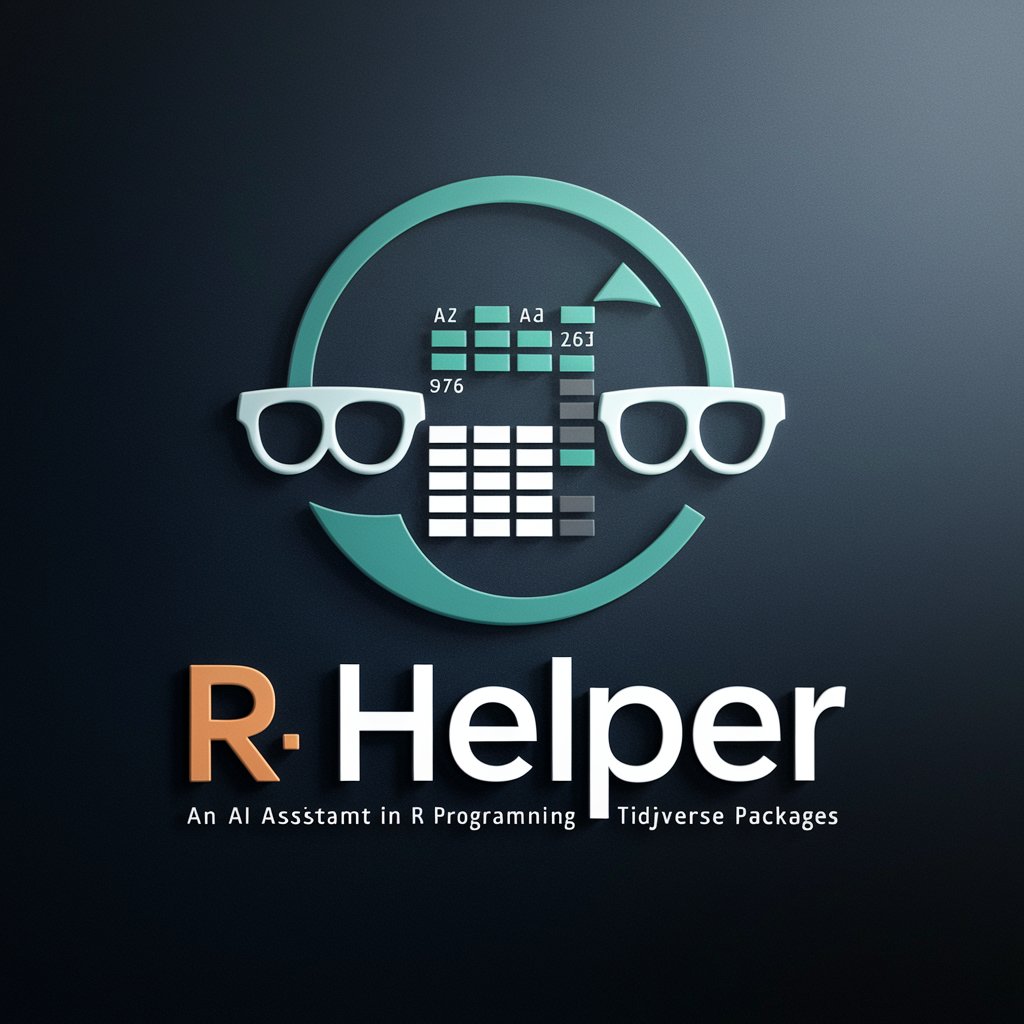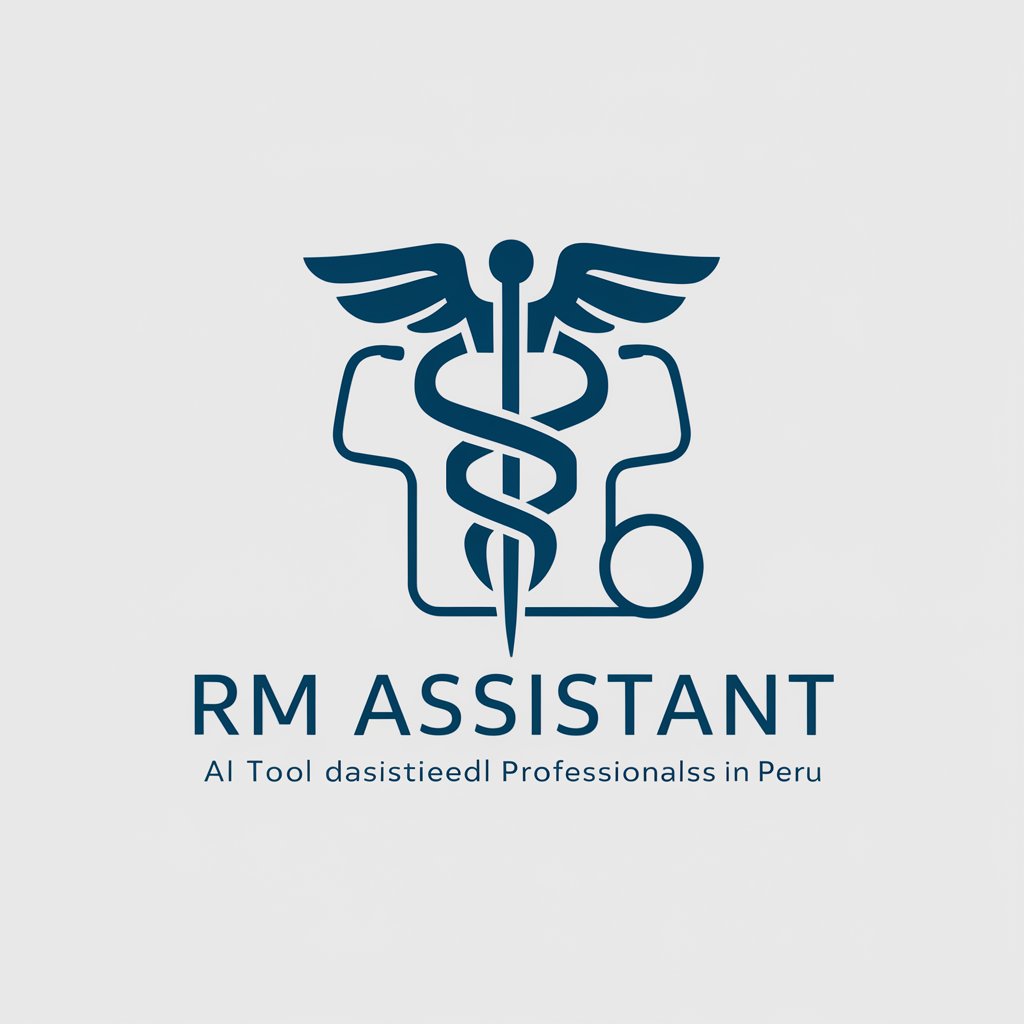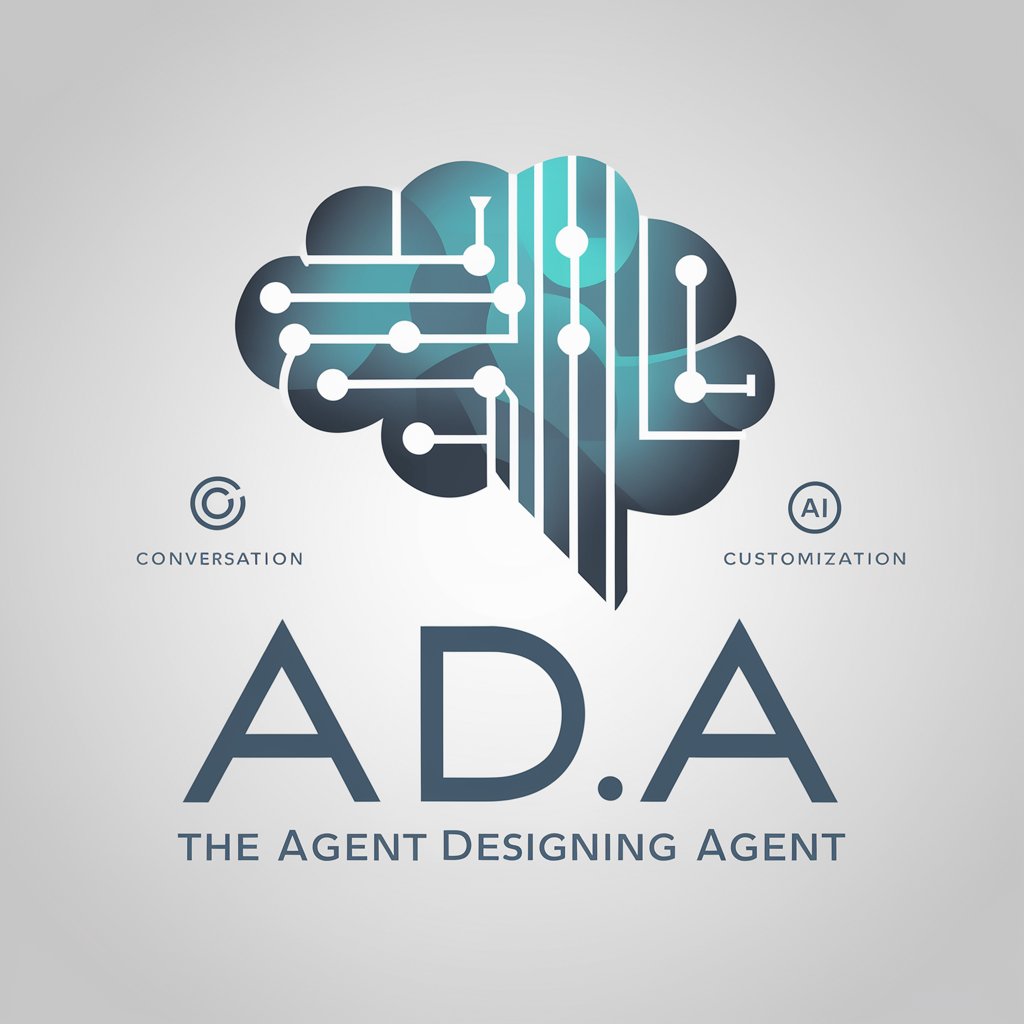
RH - AI-driven tool for HR solutions

Olá! Como posso ajudar a destacar as qualidades de um colega no LinkedIn hoje?
AI-powered solutions for HR success
Get Embed Code
Introduction to Human Resources (RH)
Human Resources (RH) refers to the department or function within an organization that focuses on the management of employees. Its primary design purpose is to manage the full lifecycle of employees, from hiring to training, development, retention, and termination, all while ensuring compliance with labor laws and fostering a productive work environment. RH acts as a strategic partner to the organization, aligning human capital with business objectives. Examples of RH functions include managing recruitment, ensuring employee well-being, handling performance reviews, and promoting organizational culture. For instance, in a fast-growing tech company, RH would be responsible for scaling the workforce rapidly by attracting top talent, while also ensuring the onboarding and integration of these employees into the company culture. Powered by ChatGPT-4o。

Main Functions of Human Resources
Recruitment and Selection
Example
Developing job descriptions, posting vacancies, screening resumes, and conducting interviews.
Scenario
In a software development firm, the RH team creates a job description for a senior developer, posts it on job boards, shortlists candidates, and organizes technical interviews. They ensure the right skills and cultural fit are present before making a job offer.
Employee Onboarding
Example
Organizing training sessions, preparing necessary documentation, and introducing new employees to the company culture.
Scenario
A newly hired automation engineer is provided with a week-long onboarding program, including safety training, technical skill refreshers, and a company orientation to help them integrate smoothly.
Training and Development
Example
Identifying skill gaps, organizing workshops, and offering professional development programs.
Scenario
In a manufacturing company transitioning to automation, RH arranges upskilling sessions for current staff to learn how to operate new machinery, ensuring productivity and innovation continue without disruption.
Performance Management
Example
Setting KPIs, conducting regular performance reviews, and providing feedback.
Scenario
At a sales company, RH implements quarterly performance evaluations where sales targets are assessed, feedback is given, and bonuses or improvement plans are discussed with employees.
Compensation and Benefits Management
Example
Managing salaries, bonuses, healthcare plans, and other benefits to ensure employee satisfaction and retention.
Scenario
A tech startup introduces a flexible benefits package, allowing employees to choose between health insurance, extra vacation days, or remote work options, as part of a strategy designed by RH to boost employee satisfaction.
Employee Relations
Example
Mediating conflicts, handling grievances, and fostering a positive workplace culture.
Scenario
In a large corporation, RH steps in to mediate a conflict between team members in a marketing department, resolving the issue through counseling and team-building exercises.
Compliance with Labor Laws
Example
Ensuring all company policies align with legal requirements, such as working hours, minimum wage, and employee rights.
Scenario
When introducing a remote work policy, a company consults RH to ensure that all home-office regulations, such as working hour limitations and tax compliance, are followed according to local labor laws.
Ideal Users of Human Resources Services
Small and Medium-Sized Enterprises (SMEs)
SMEs often lack the internal expertise to manage HR processes efficiently. RH services help these businesses by ensuring compliance with labor laws, streamlining recruitment, and managing employee relations without needing to invest in a full-fledged HR department. They benefit from outsourced HR expertise to handle complex matters like payroll and labor disputes.
Large Corporations
Large organizations with hundreds or thousands of employees need RH for handling large-scale recruitment, complex compensation structures, and workforce development programs. These companies benefit from RH's ability to maintain employee engagement, support large-scale training initiatives, and align HR strategy with business goals.
Technology Startups
Startups often experience rapid growth and require strategic hiring, a strong organizational culture, and flexible benefit plans to attract top talent. RH plays a crucial role in scaling the workforce quickly and managing employee expectations in fast-changing environments.
Industrial and Manufacturing Companies
Companies in industrial sectors benefit from RH services to ensure workplace safety, compliance with regulations, and the upskilling of employees as technology changes. RH helps these companies maintain productivity by managing labor relations, developing safety protocols, and supporting operational workforce needs.
Public Sector and Government Organizations
Government agencies and public sector organizations rely on RH to ensure legal compliance, manage employee welfare programs, and foster a professional, efficient working environment. These organizations benefit from RH’s role in maintaining fairness, transparency, and accountability in HR practices.

How to Use RH Effectively
Visit yeschat.ai for a free trial without login, no need for ChatGPT Plus.
Access the tool easily without the hassle of signing up or requiring a paid subscription. Simply visit the website and start using the tool instantly.
Identify your primary use case.
Determine if you are using RH for HR management, writing, recruitment, or research purposes. This will help you tailor the AI interactions to suit your needs.
Leverage relevant prompts.
Use specific and detailed prompts to get the most accurate and useful responses. For HR-related tasks, focus on guidelines, labor law advice, or recruitment strategies.
Explore AI-powered features.
RH can assist with drafting emails, job descriptions, corporate communication, legal advice related to HR, and even creative content generation. Experiment with different features.
Optimize for efficiency.
For better outcomes, revisit the tool's responses and refine your prompts if needed. Save frequent use cases for easier access and build your own best practices over time.
Try other advanced and practical GPTs
Festival Seeker
Explore Music Festivals with AI

Airfare Assistant
Navigate airfares smartly with AI power
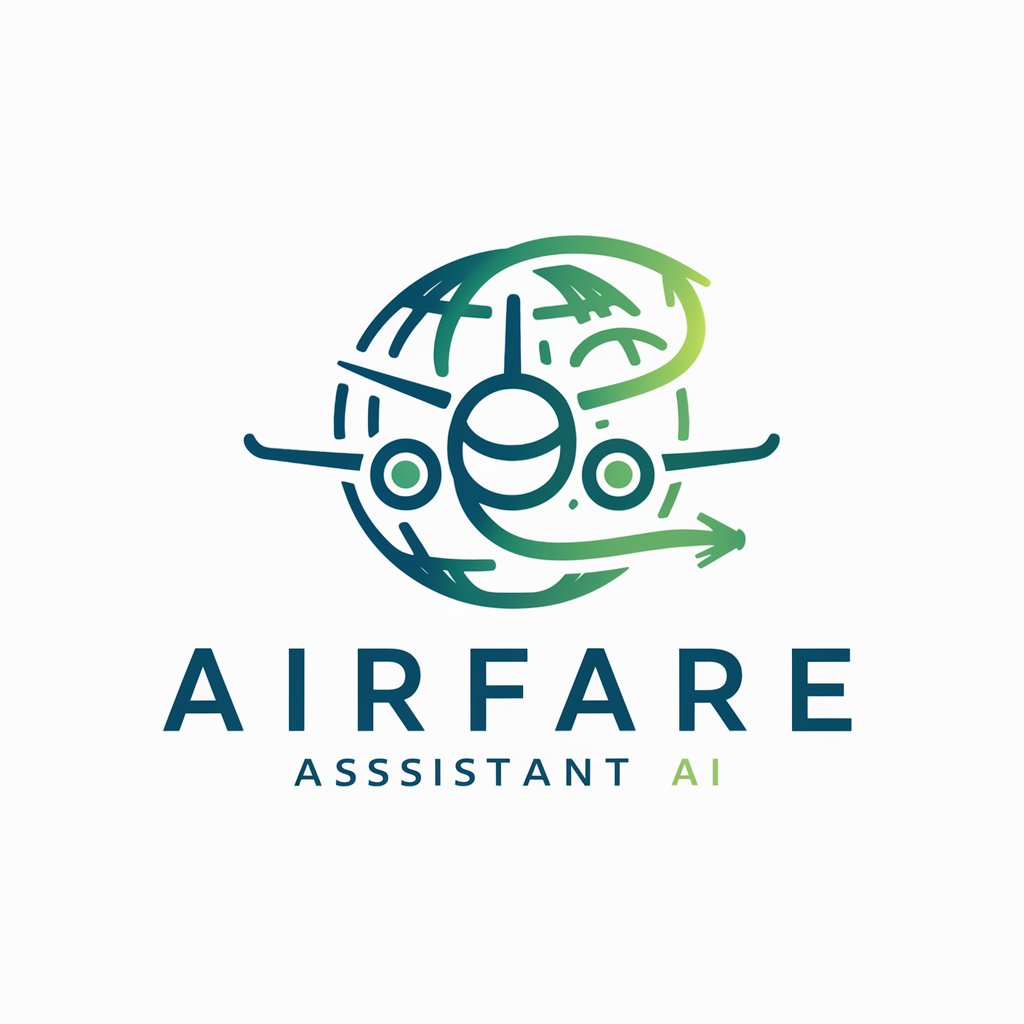
Data Analyst Pro
Empowering analysis with AI-driven insights
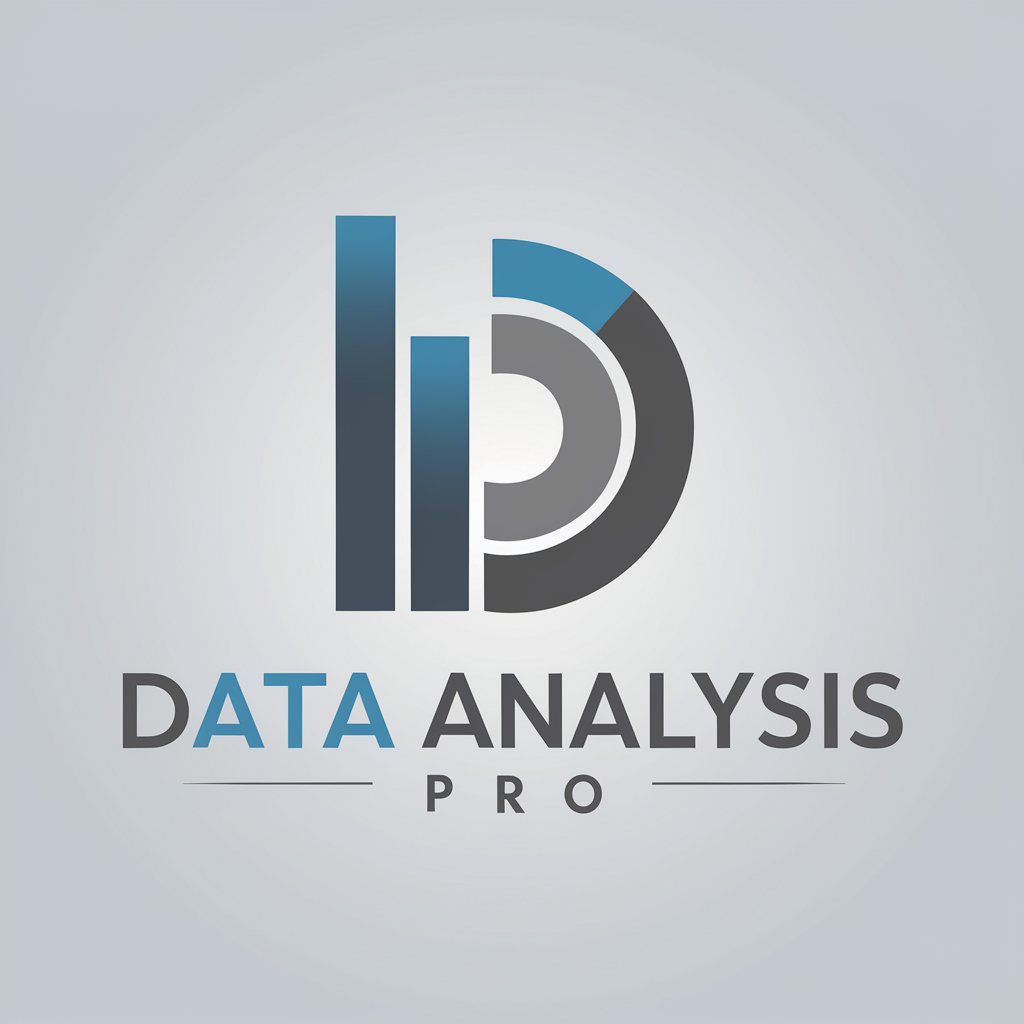
WordPressGPT
AI-powered WordPress Wizardry
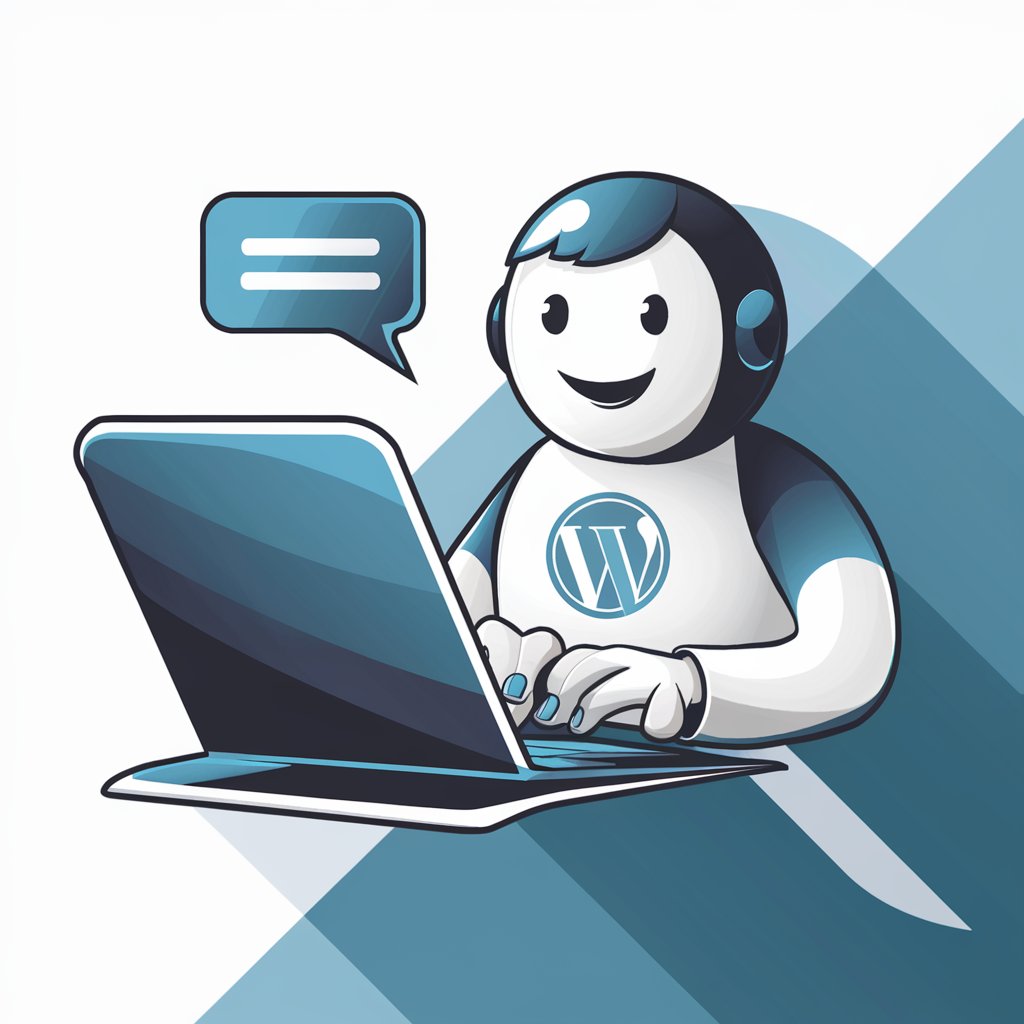
Black and White OLED Artisan
Illuminate OLED screens with striking contrasts

Dialogue Dynamo
Enhance Your Words with AI Power

Legal Eagle - Advogado Trabalhista
Your AI-powered legal advisor in labor law.
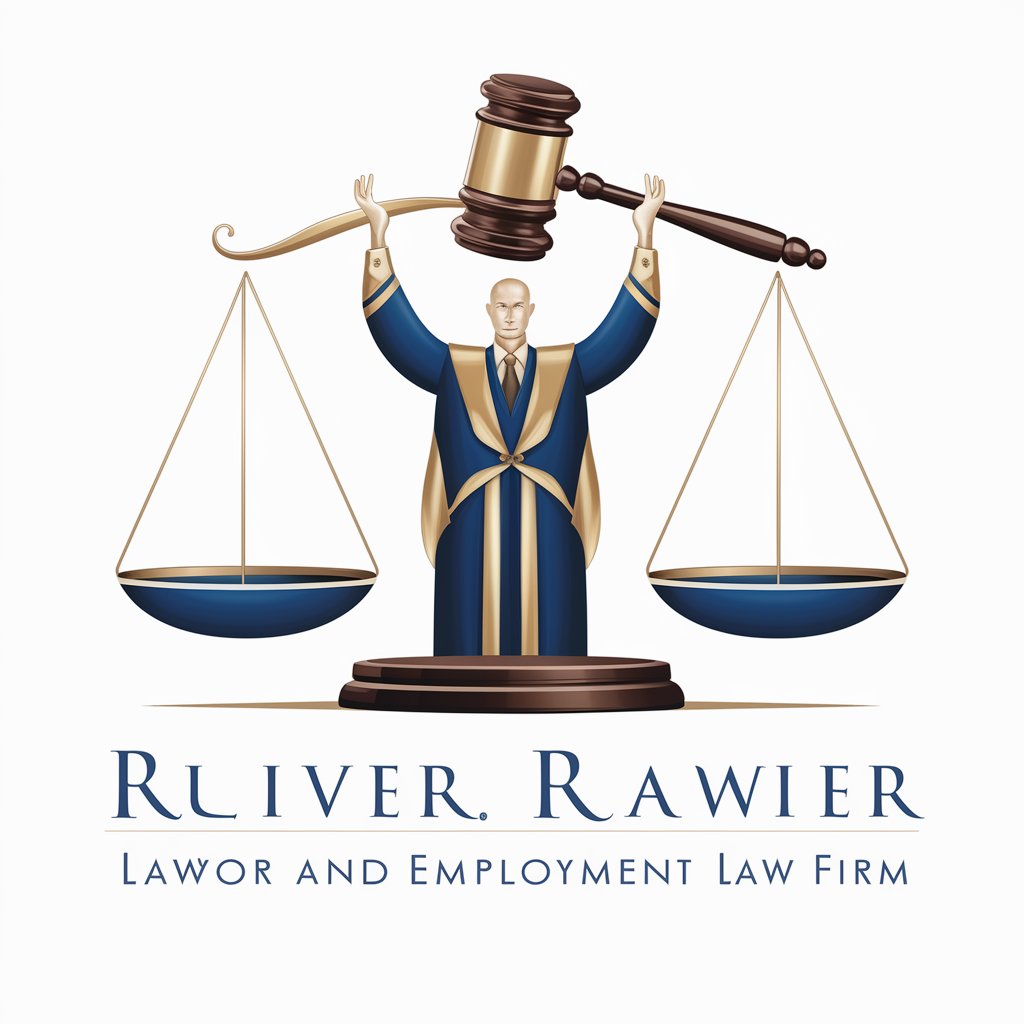
Research Paper Reviewer
Empowering Your Research with AI
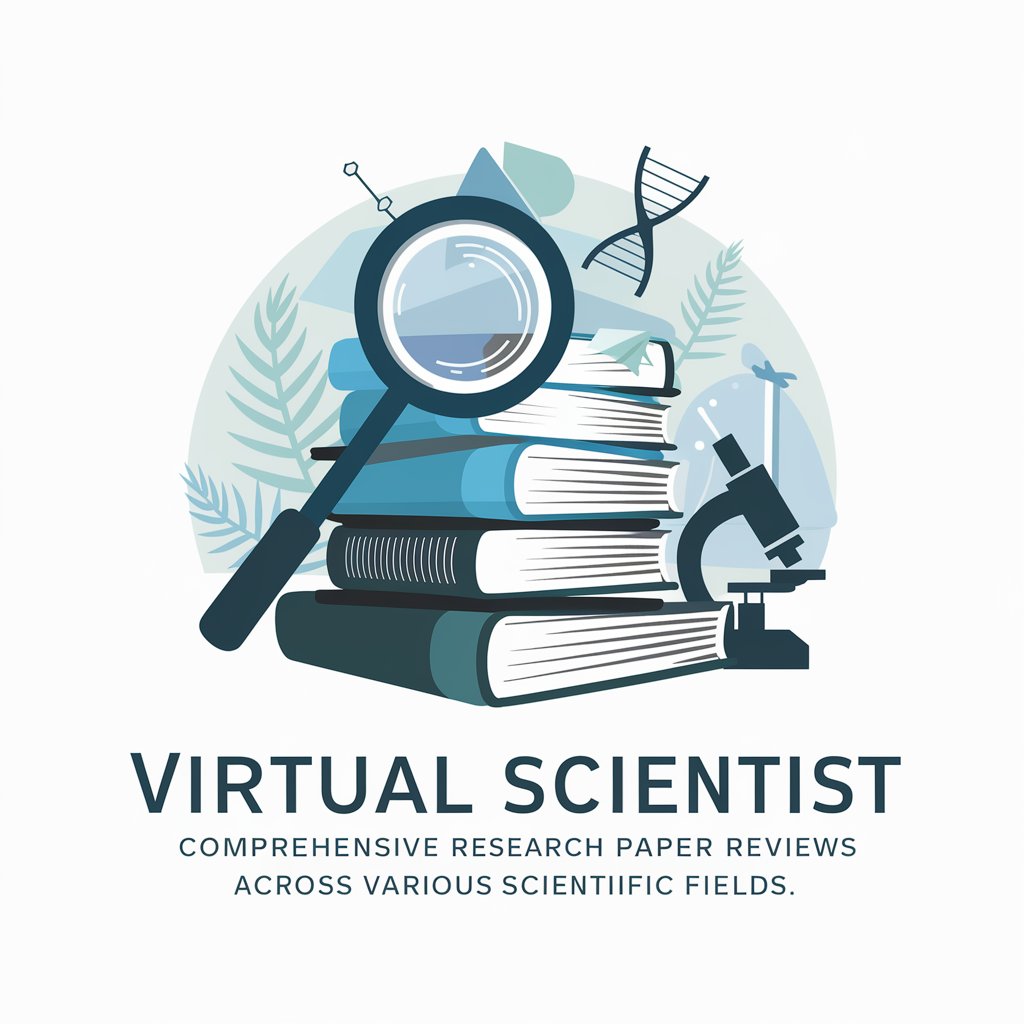
Monolith
Learn Languages, AI-Enhanced
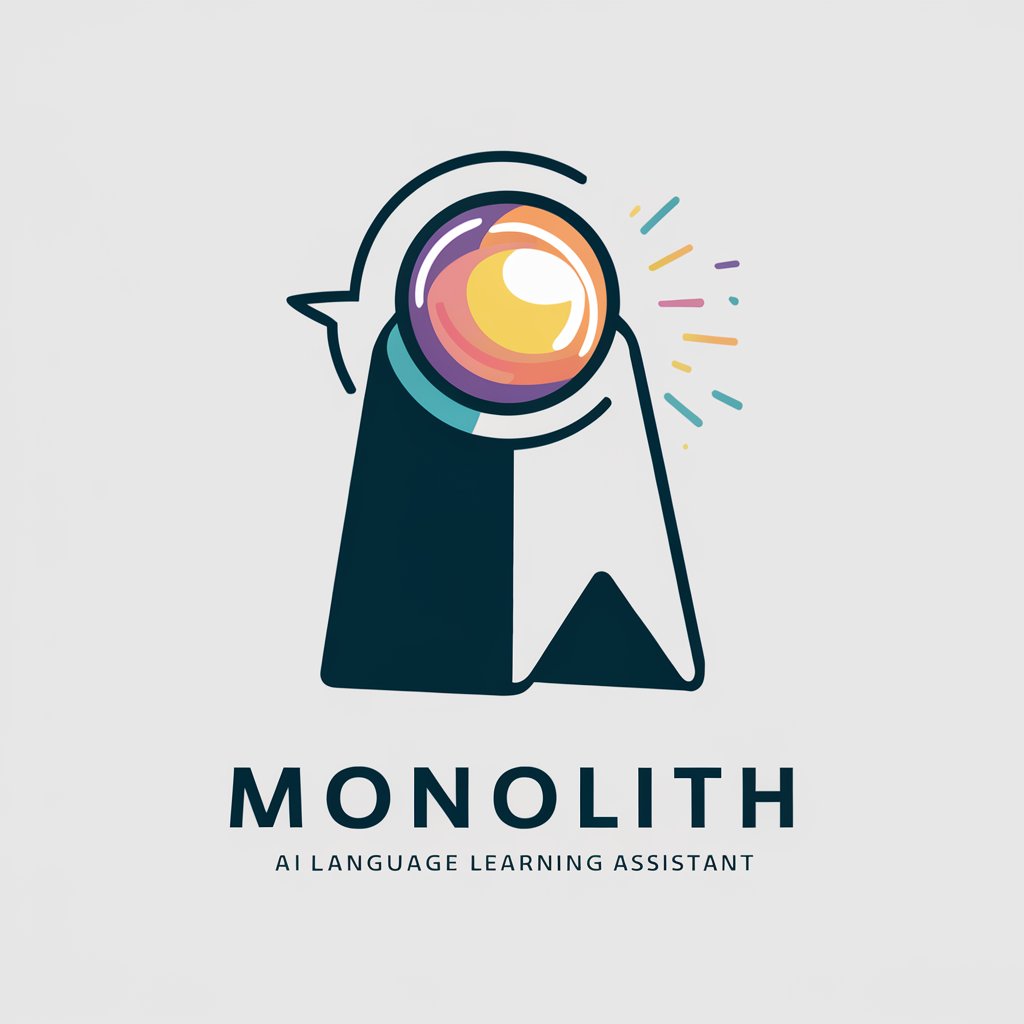
Ancient Monolith Explorer
Unveil History with AI

Monolith Studios' Business & Design Guide
Empowering Design with AI Insight

ShallowL Translator
Transform Text Seamlessly - Powered by AI
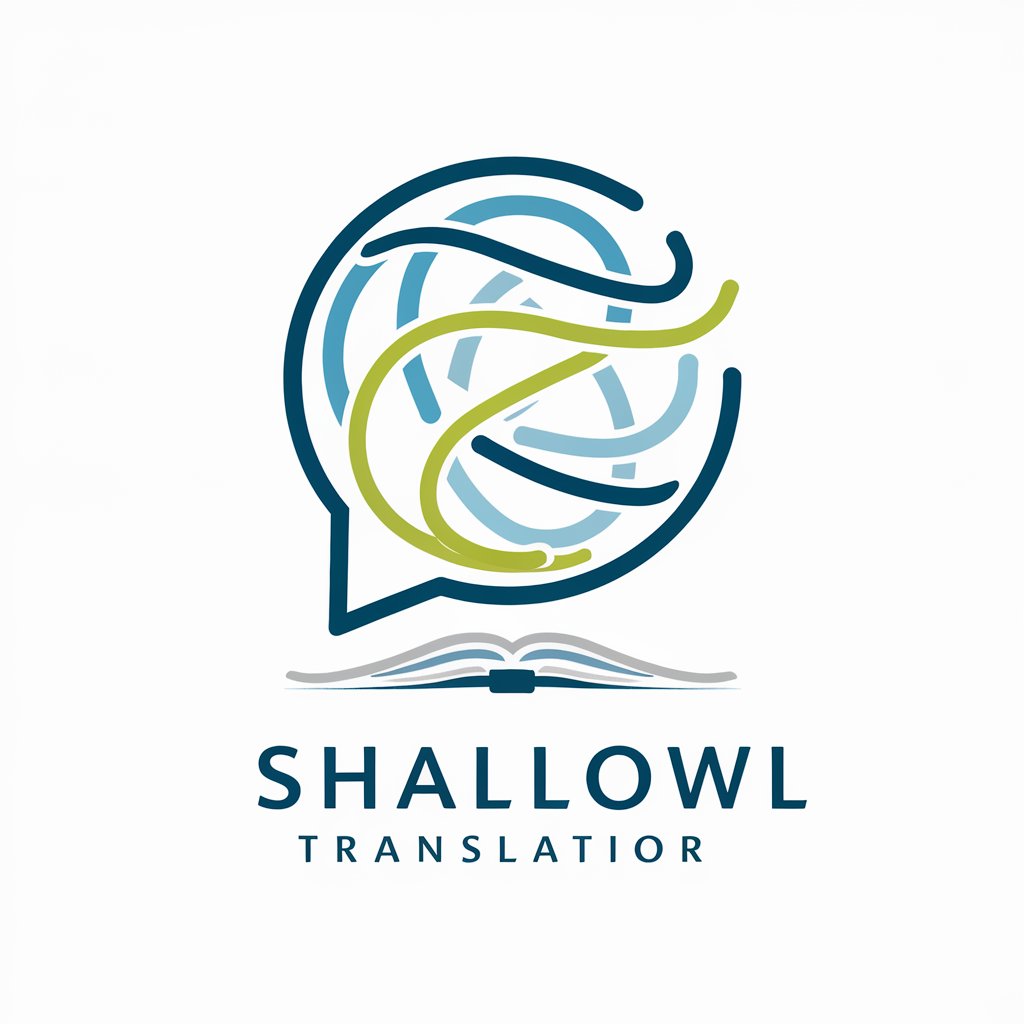
Detailed Q&A About RH
What is the primary function of RH?
RH is designed to help with a wide range of Human Resources (HR) tasks, such as recruitment, compliance with Brazilian labor laws, and crafting corporate communications. It is AI-powered, enabling rapid, detailed responses tailored to HR professionals’ needs.
How does RH assist with recruitment?
RH can help you create job descriptions, suggest interview questions, and even help in evaluating candidates for technical positions, such as those in IT and industrial automation, by providing personalized suggestions based on job requirements.
Can RH provide advice on Brazilian labor laws?
Yes, RH is knowledgeable about Brazilian labor laws and can assist you with compliance issues, interpreting legislation, and offering insights into labor-related matters, making it a valuable tool for HR managers.
Is RH suitable for corporate communication?
Absolutely! RH can draft professional emails, corporate announcements, policies, and other forms of business communication. Its ability to generate clear, concise, and formal text makes it a great asset for HR departments.
Can I use RH for creative content generation?
Yes, RH excels in generating creative content for HR-related activities, such as employee engagement initiatives, training material, and corporate presentations. You can also use it to brainstorm ideas for HR strategies.

